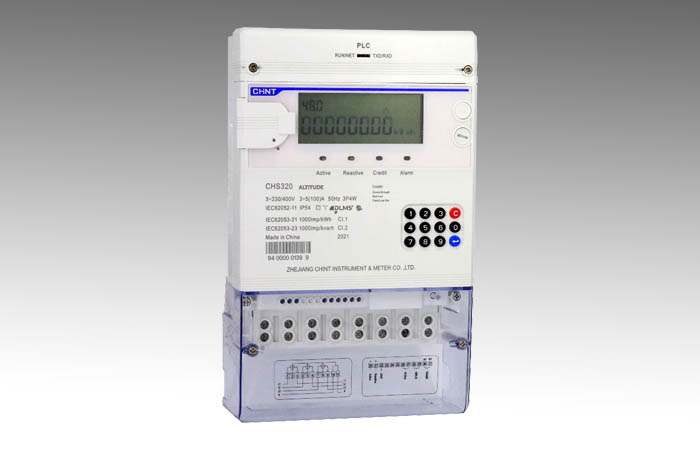As the demand for electricity continues to grow in Uganda, so does the need for innovative solutions to manage power usage and payment. One such solution is the prepaid meter, which has become increasingly popular among both residential and commercial customers. In this guide, we will explore what prepaid meters are, how they work, and their benefits in Uganda.
What Are Prepaid Meters?
A prepaid meter is a type of electricity meter that allows customers to pay for their electricity in advance. Unlike traditional postpaid meters, where customers pay for electricity after using it, prepaid meters require customers to pay for their electricity in advance before they can use it. Prepaid meters are also known as pay-as-you-go meters or token meters.
How Do Prepaid Meters Work?
Prepaid meters work by using a smart card or token system. Customers purchase a prepaid card or token, which contains a specific amount of electricity units. They then insert the card or token into the meter, and the amount of electricity units is credited to their account. As customers use electricity, the meter deducts the units from their account until they run out. Once the units are exhausted, customers need to purchase a new prepaid card or token to continue using electricity.
Benefits of Prepaid Meters in Uganda
There are several benefits of using prepaid meters in Uganda, including:
Better Management of Power Usage: Prepaid meters help customers manage their electricity usage by providing real-time information on their electricity consumption. This helps customers make informed decisions about their power usage and reduce their electricity bills.
Improved Revenue Collection: Prepaid meters help electricity companies improve their revenue collection by reducing losses from unpaid bills and electricity theft. This, in turn, helps the companies provide better services to customers.
Convenience: Prepaid meters offer customers the convenience of paying for their electricity from the comfort of their homes or offices, without the need to visit payment centers.
Transparency: Prepaid meters provide transparency in billing, as customers can monitor their electricity usage and expenditure in real-time.
Better Service Delivery: Prepaid meters help electricity companies improve their service delivery by reducing the time and resources required to collect payments and read meters.
Challenges of Prepaid Meters in Uganda
While prepaid meters offer several benefits, there are also some challenges associated with their use in Uganda, including:
High Initial Costs: The installation of prepaid meters requires significant investment, which can be a challenge for electricity companies, especially those operating in remote areas.
Technical Challenges: Prepaid meters require a certain level of technical expertise to install and maintain, which can be a challenge in areas with limited technical capacity.
Customer Education: Prepaid meters require customers to change their electricity payment behavior, which can be a challenge without adequate education and awareness campaigns.
Card/Tokens Availability: Prepaid meters rely on customers purchasing and loading cards/tokens to access electricity, which can be a challenge in areas where cards/tokens are not readily available.
Conclusion
Prepaid meters offer several benefits in Uganda, including better management of power usage, improved revenue collection, convenience, transparency, and better service delivery. While there are some challenges associated with their use, the benefits outweigh the challenges. As the demand for electricity continues to grow in Uganda, prepaid meters will become an increasingly important solution for managing power usage and payment.

Leave a Reply